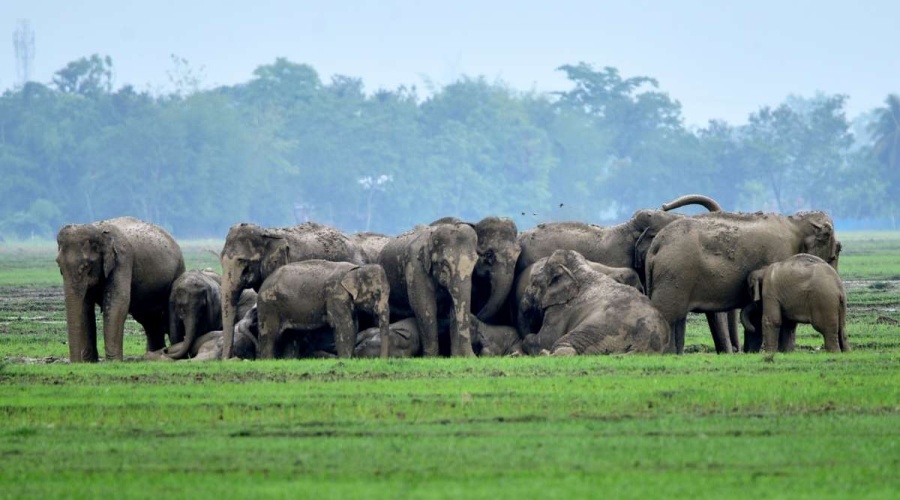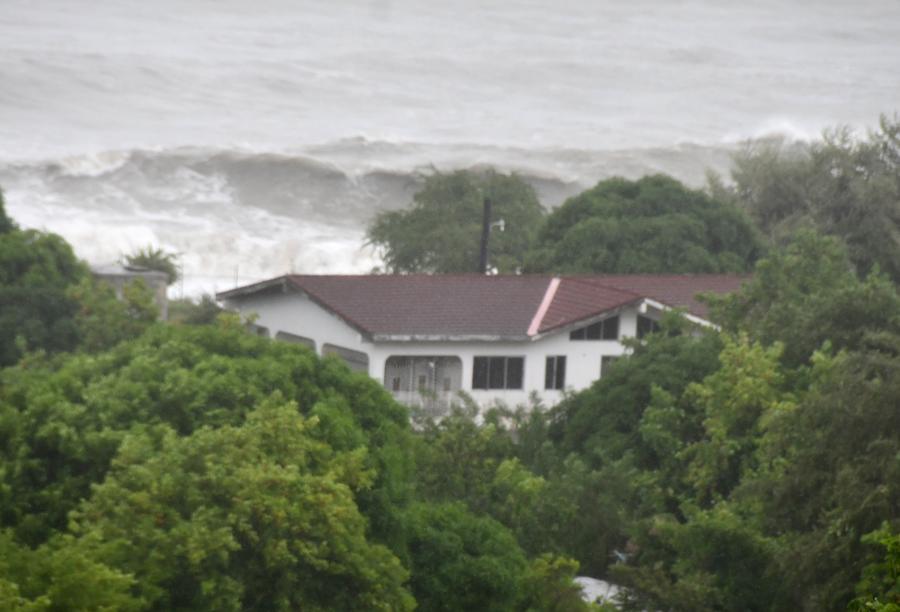According to the study, the trends of the elephant population in the continent varied significantly…reports Asian Lite News
The population of both Savannah and forest elephant species has declined sharply in the past half a century across the sub-Saharan African region, according to a research report released in Nairobi, the Kenyan capital.
Published by the Proceedings of the National Academy of Sciences, the report, which was released Monday evening, was conducted by two conservation groups, Save the Elephants and Wildlife Conservation Society.
The study analyzed hundreds of population surveys from 475 sites across 37 African countries between 1964 and 2016, focusing on the population dynamics of elephants in their natural habitats.
Among key findings, it includes an average decline of 90 per cent for the African elephant population, a 70 per cent decline for the Savannah elephant population and a combined average decline of 77 per cent across both species in the continent, Xinhua news agency reported.
George Wittemyer, the senior author and elephant expert with Save the Elephants, said the study helped pinpoint regions where the population of the iconic land mammals increased and successful conservation efforts.
“We must develop and implement a portfolio of effective solutions to address the diverse challenges elephants face across Africa,” Wittemyer said.
According to the study, the trends of the elephant population in the continent varied significantly. While some populations disappeared entirely, others recorded a dramatic growth.
In southern Africa, the Savannah elephant population saw an average increase of 42 per cent, while only 10 per cent of surveyed populations in eastern Africa showed growth. In contrast, northern savannahs recorded no population growth, with many elephant groups becoming extinct. These trends underline the severe threats facing these land mammals, including poaching, habitat loss and climate-related stresses.
Boo Maisels, a conservation scientist at the Wildlife Conservation Society and a contributing author of the study, said that if well protected and managed, the African elephants can still thrive in their natural habitats despite the myriad threats they face.
ALSO READ: South Africa Eyes G20 Summit to Boost Multilateralism














